© Fraunhofer IME | Klaus-Peter Kappest

The German Environmental Specimen Bank is an archive of samples that is used to document and assess the environmental status. Samples from humans and the environment are collected since the 1980s from across Germany. The storage at extremely low temperatures preserves their biological and chemical information over long periods of time.

Investigates what substances are present in humans and the environment

Are restriction measures necessary and do they work in practice?

Can elaborate trends for chemicals of concern at any time

Archive for the state of the environment and the population
Soil is not only where the majority of our food is grown. Soil is also a habitat for biodiversity and a nutrient reservoir. Chemicals enter the soil through the direct application of pesticides or through transport via the air, where they can accumulate.

Sampling takes place in eleven areas throughout Germany and covers various ecosystems – from national parks and farmland to cornurbations.

Here you can see the workflow from sampling
to processing and storage in the ESB archive.
Here you can see the workflow from sampling to processing and storage in the ESB archive.
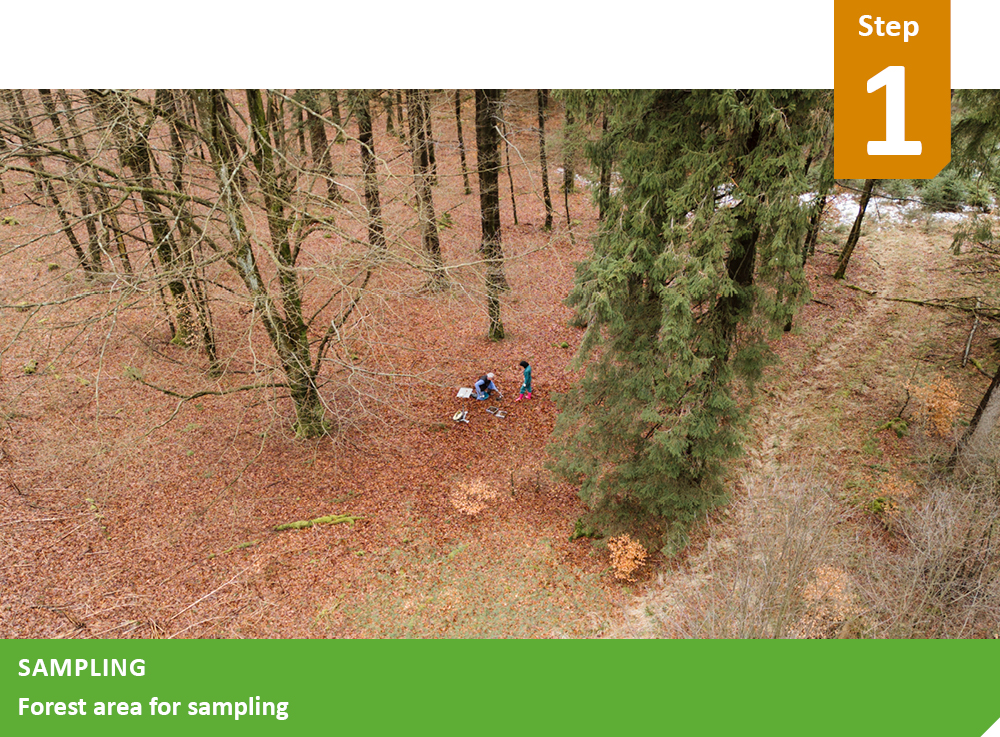


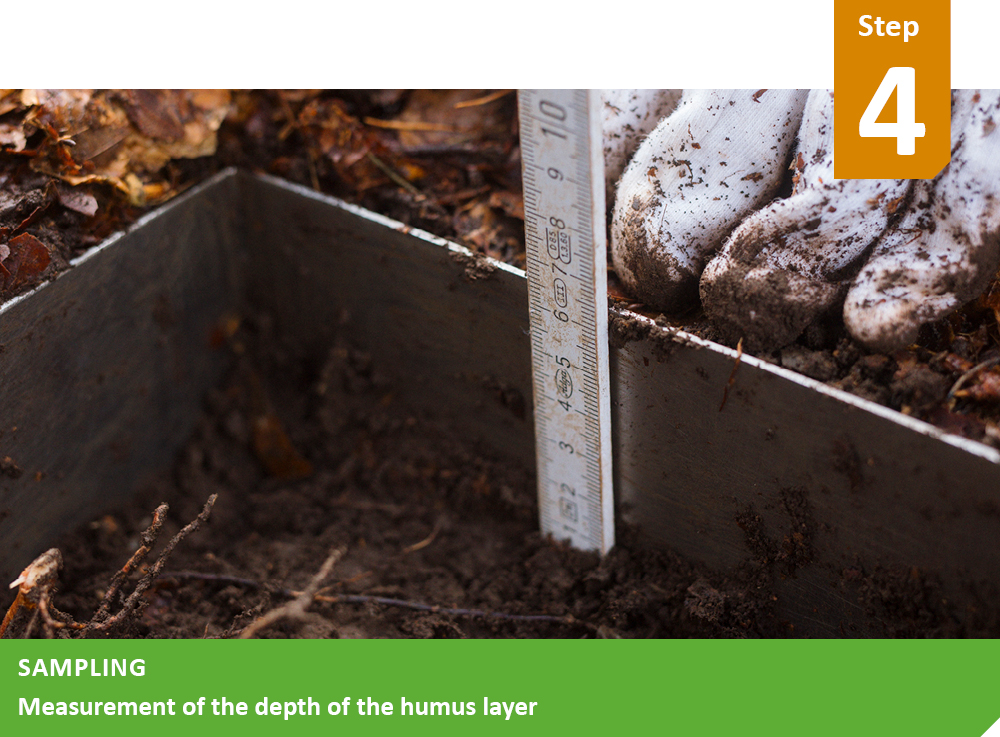
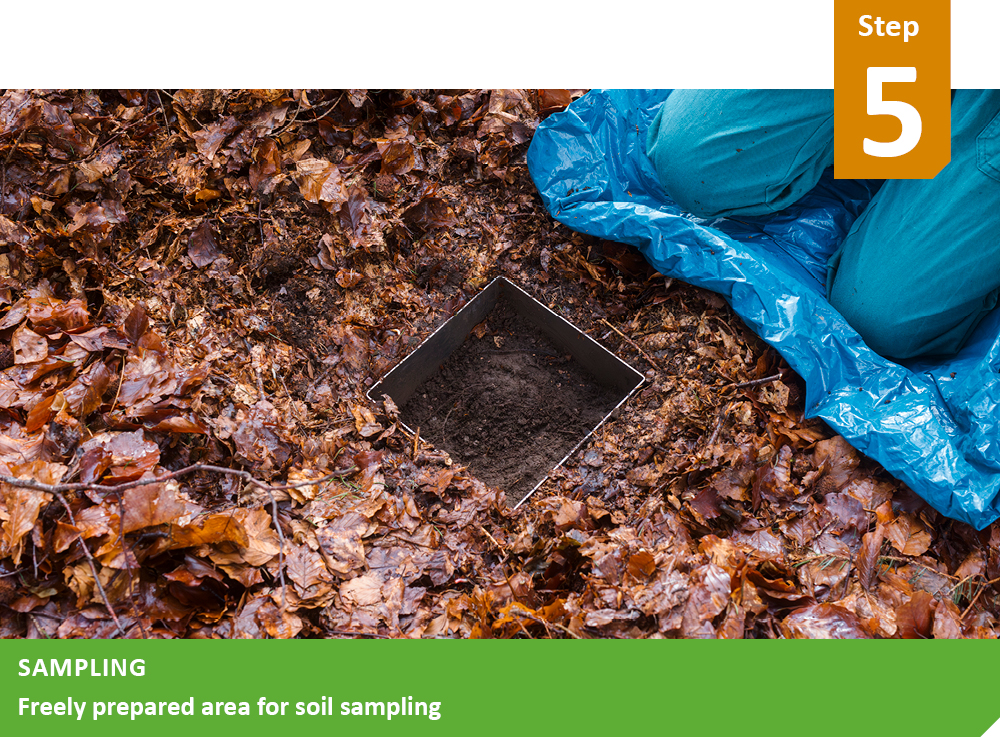






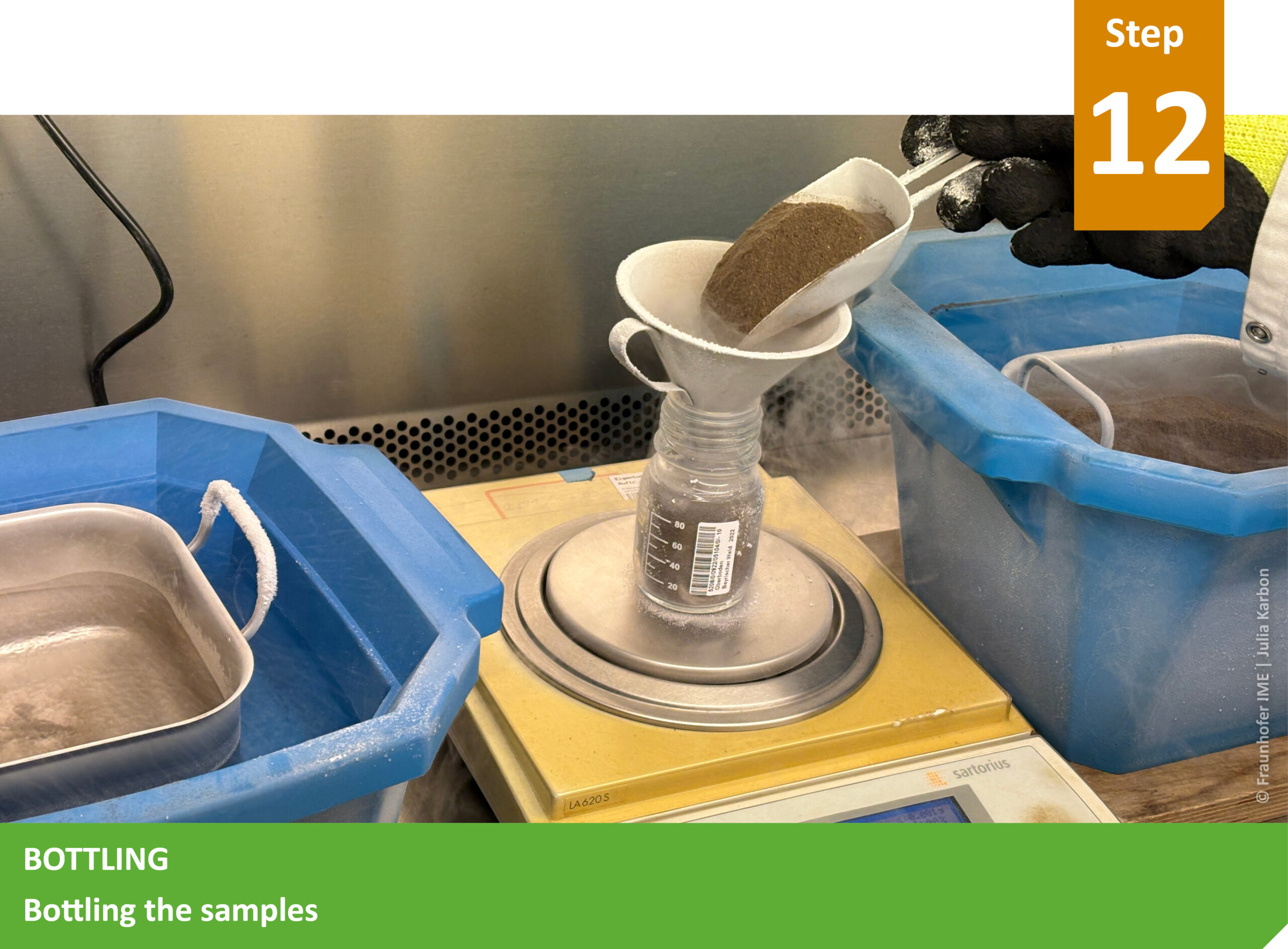
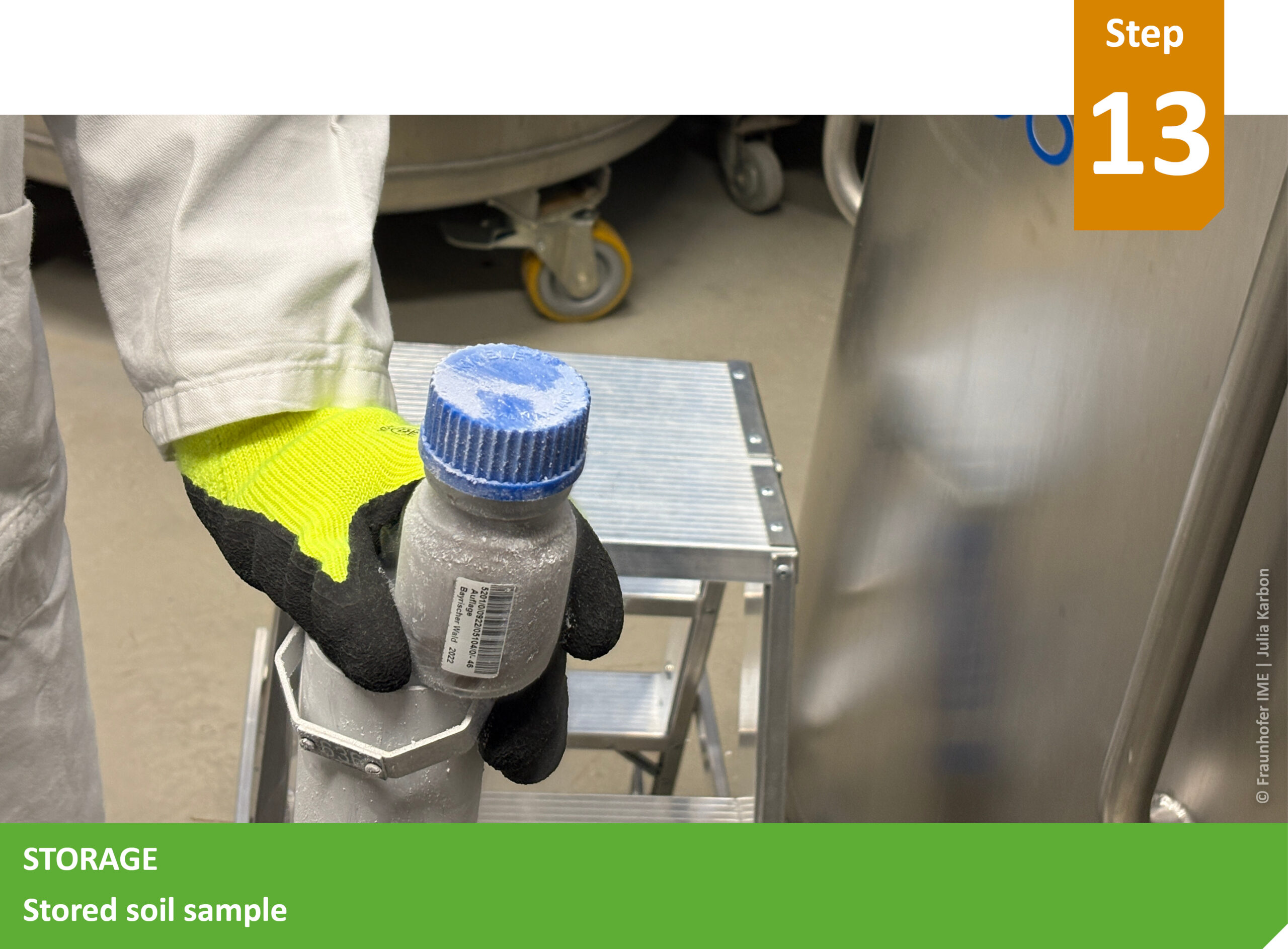
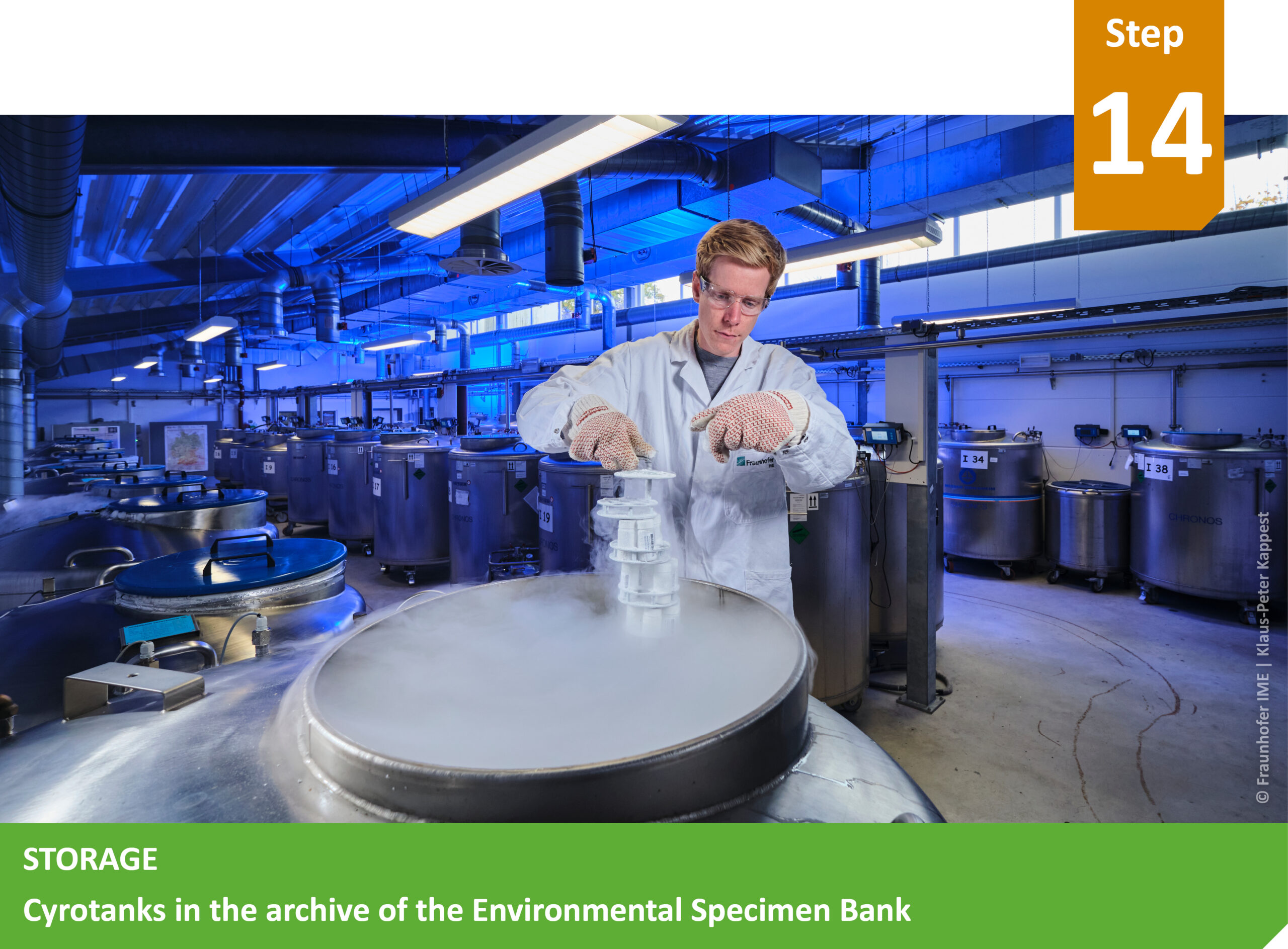
Per- and polyfluorinated alkyl substances (PFAS) are an enormously diverse group of industrial chemicals that are also used in various consumer products. PFAS are called ‘forever chemicals’ as they are extremely persistent and can accumulate in food webs or enter drinking water bodies.
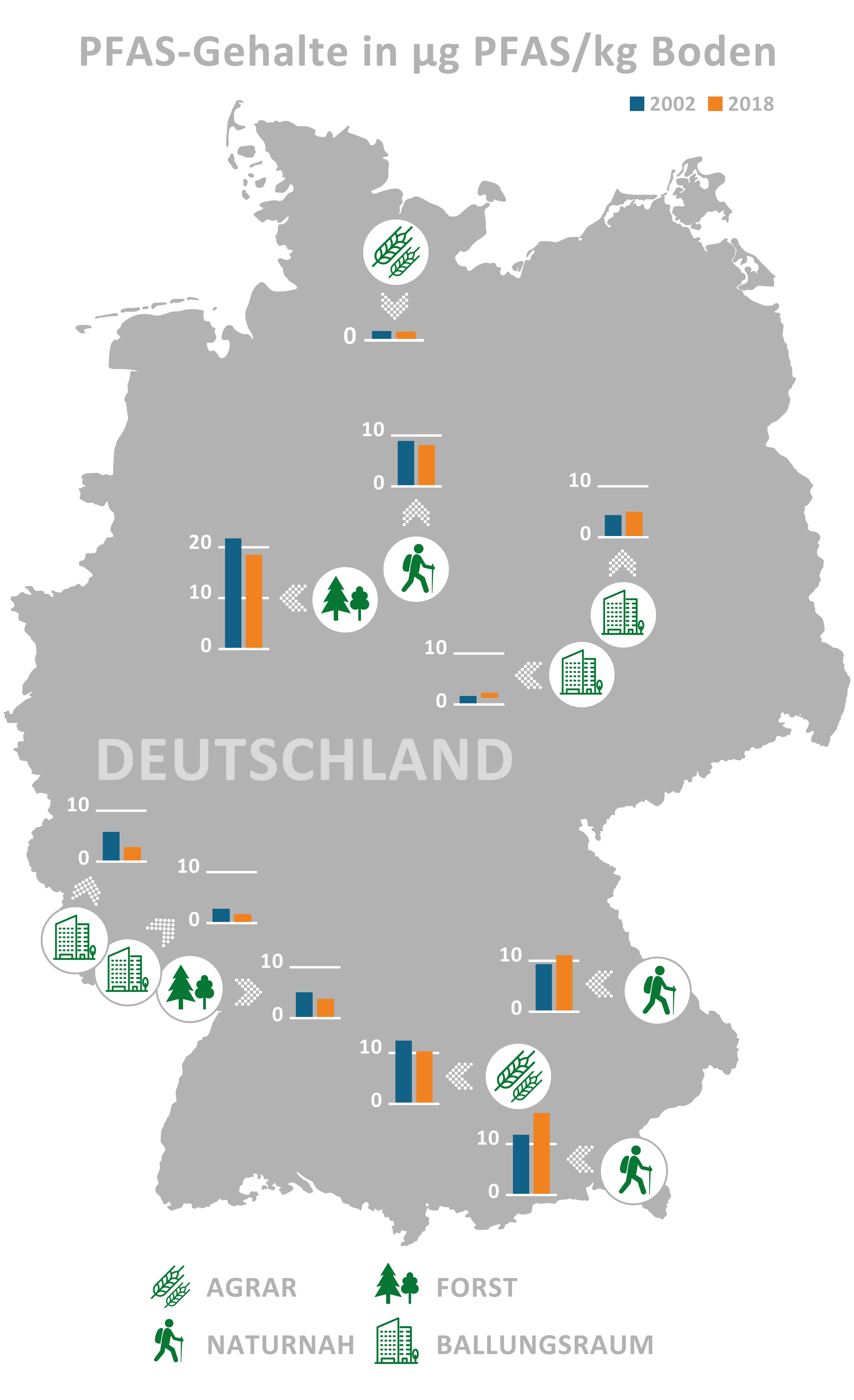

More organisms live in a handful of soil than there are people on earth. These organisms are extremely important for the soil because they break down plant matter and thus make nutrients available again. This is why experts are currently working on a project to analyse which organisms are present in the soil of the environmental specimen bank and how biodiversity changes over time.
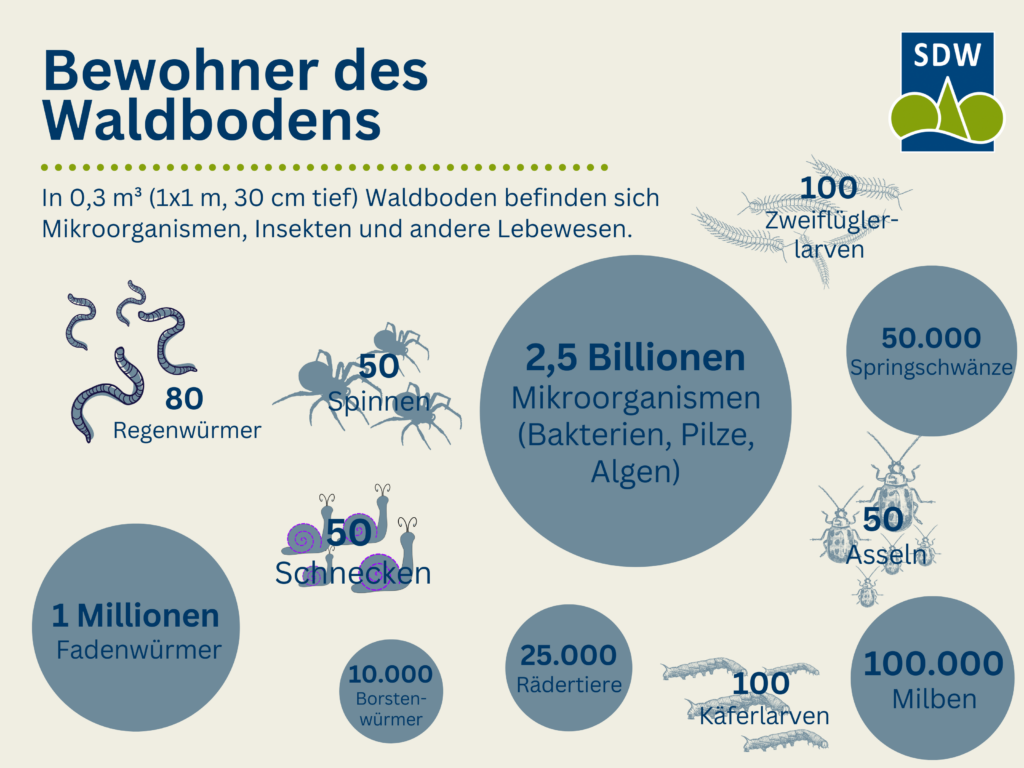
© Schutzgemeinschaft Deutscher Wald Bundesverband e. V.
Fraunhofer-Institut für Molekularbiologie
und Angewandte Oekologie IME
Umweltbundesamt
Cookie-Einstellungen | DATA PROTECTION | IMPRINT